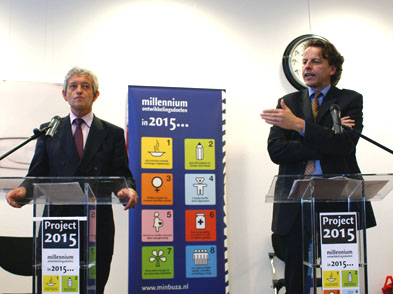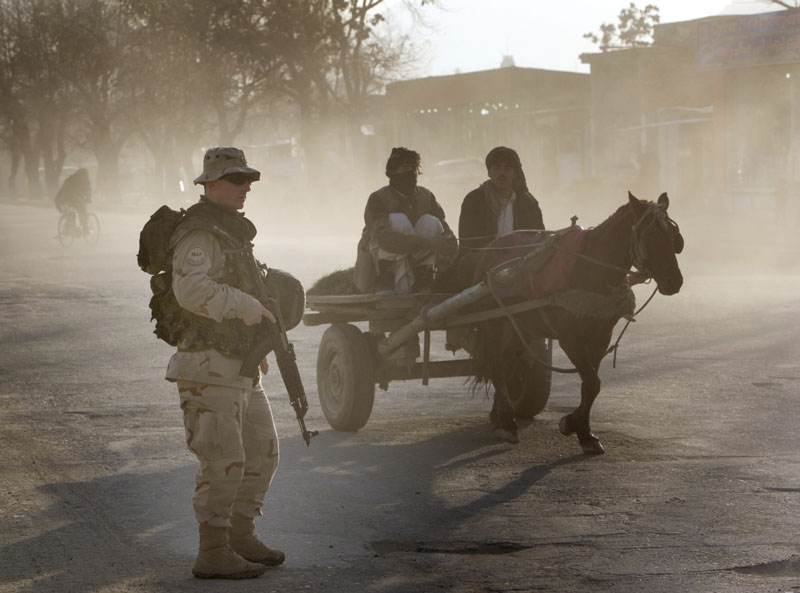
By Otto Spijkers
The current Government of the Netherlands spent the first hundred days talking to ‘the people’ . All ministers arranged various meetings in various parts of the country to listen to the people and to gather helpful tips in making their public policy. Of course, as was pointed out here, it was not possible to invite all sixteen million Dutch citizens to the table, and thus only those with some particular experience or expertise were invited (I was invited to participate in a meeting on peace and security in relation to the Millennium Development Goals, chaired by Bert Koenders , Minister of Development Cooperation, and Eimert van Middelkoop, Minister of Defense). Last weekend, the hundred days ended and the cabinet presented their findings in a television show.  This 100 days policy raised various questions. One of these questions was as follows: why would the Dutch Government, after the national elections, organize all these meetings to find out what the people want? Didn’t the Dutch citizens just express their wishes by voting for a certain party? Of course, in the voting booth one cannot express one’s feelings about the presence of Dutch soldiers in Uruzgan (Afghanistan) or other hot topics of today. One can only press one button on the voting machine and then leave it to the politicians. And thus, as long as the Government is receiving only informal tips, with no strings attached, I don’t see what is wrong with these consultations. (Whether these consultations are actually helpful and have actually resulted in changes in public policy is another question.) – Otto
This 100 days policy raised various questions. One of these questions was as follows: why would the Dutch Government, after the national elections, organize all these meetings to find out what the people want? Didn’t the Dutch citizens just express their wishes by voting for a certain party? Of course, in the voting booth one cannot express one’s feelings about the presence of Dutch soldiers in Uruzgan (Afghanistan) or other hot topics of today. One can only press one button on the voting machine and then leave it to the politicians. And thus, as long as the Government is receiving only informal tips, with no strings attached, I don’t see what is wrong with these consultations. (Whether these consultations are actually helpful and have actually resulted in changes in public policy is another question.) – Otto
